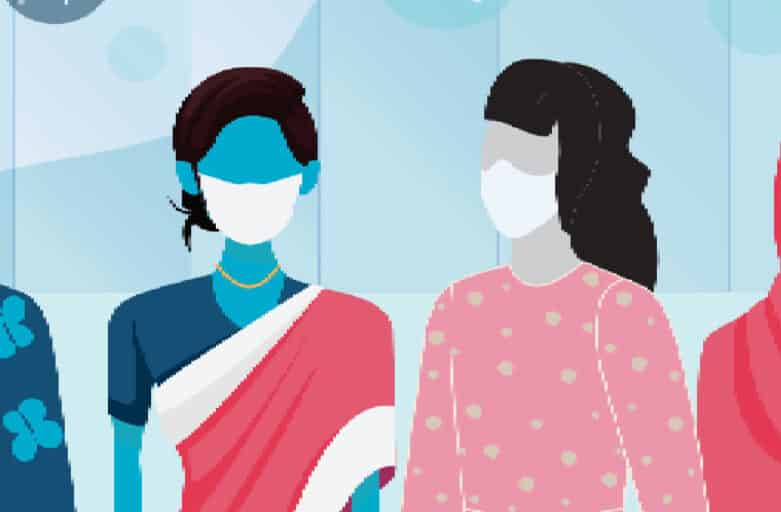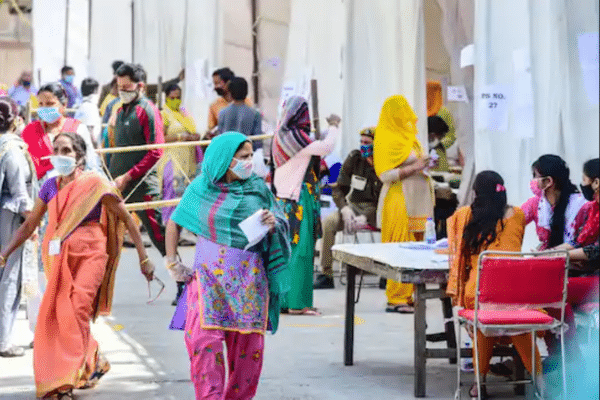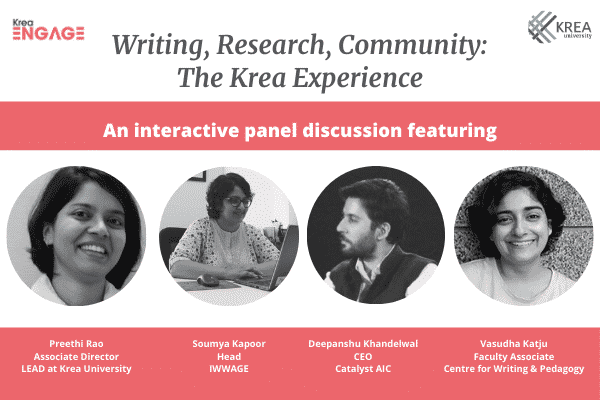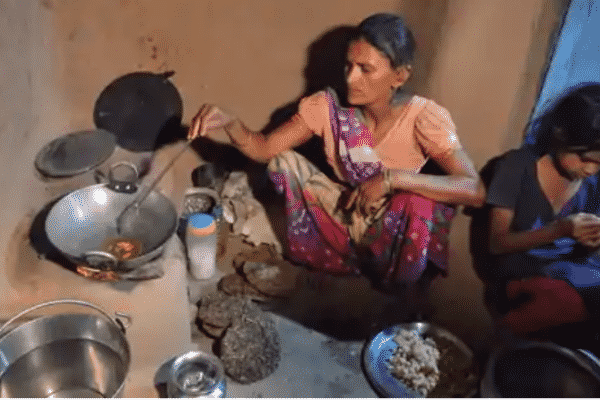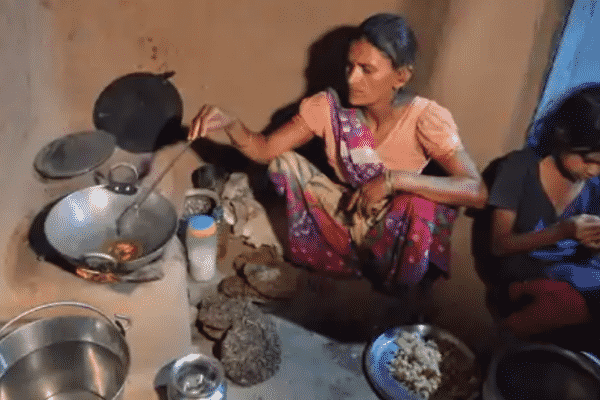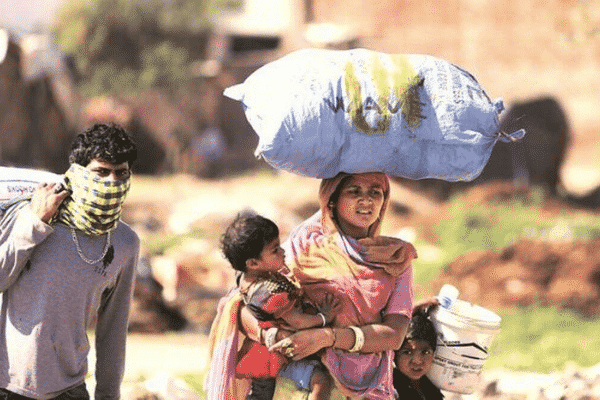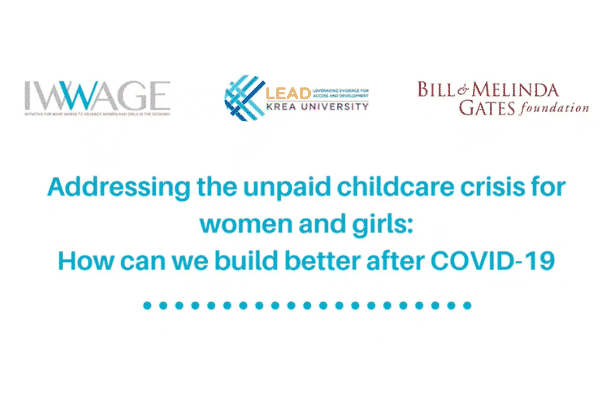Initiative for What Works to Advance Women and Girls in the Economy (IWWAGE) aims to build on existing research and generate new evidence to inform and facilitate the agenda of women’s economic empowerment. IWWAGE reported that two in five urban women were impacted by job losses during the first wave of the pandemic, owing to the unnatural development of dual workload of domestic care work and paid work. IWWAGE also took stock of the situation and put forward recommendations to make the ‘future of work’ more conducive to women’s workforce participation.
Tag: iwwage
Future is Female, but why are women leaders missing from India’s political arena?
While reservations and active efforts to increase diversity have improved women’s participation in politics, much of the day-to-day functioning of Indian politics, even grassroots governance, remains a man’s game. Much of the absence of women in political leadership stems from gender gaps in overall political participation. Soumya Kapoor Mehta and Steven Walker from IWWAGE look at barriers and challenges to women’s leadership. Read the coverage here.
‘Writing, Research, Community’: Krea Engage with our research centres
| Senior representatives from Krea research centres assembled for a virtual panel discussion, attended by prospective undergraduate students and their families. The panel highlighted the path-breaking research work and opportunities for Krea students to engage in them through projects and internships. Moderated by Kala Anand (Director – Communications, Partnerships & Career Services at Krea University), the panel discussion featured Preethi Rao from LEAD at Krea University, Deepanshu Khandelwal from Catalyst Atal Incubation Center (AIC), Soumya Kapoor from IWWAGE, and Vasudha Katju from Centre for Writing & Pedagogy (CWP). |
Latest edition of ‘Gender in Focus’ by IWWAGE
IWWAGE’s quarterly Magazine, ‘Gender in Focus’ latest edition talks about their work under the research and SWAYAM vertical, their recommendations for the Union Budget and inputs to several Ministries to advance transformative financing for gender equality, new partnerships, evidence-based ground reports and lots more. Read the latest edition here.
Measuring women’s unpaid work: Understanding the challenges
While it is a welcome attempt to provide worth to housework, steps to reduce and redistribute such work are, perhaps, more important than asking for women’s unpaid work to be monetised, even notionally. They are important to ensure women’s rights and a sense of social justice. Soumya Kapoor Mehta (Head – IWWAGE) and Sona Mitra (Principal Economist – IWWAGE) look at the challenges to compensating women for their unpaid work. Read the article published by The Hindustan Times here.
On recognising housework and measuring women’s unpaid labour
In an article published by The Hindustan Times, Soumya Kapoor Mehta (Head – IWWAGE) and Sona Mitra (Principal Economist – IWWAGE) write about universalising maternity entitlements and childcare as a public good in India and list out the steps needed to reduce and redistribute such work. Read the article here.
A Union Budget full of hope and a transformative opportunity for India’s women & girls
In an article published by The Financial Express, Soumya Kapoor Mehta (Head – IWWAGE), Sona Mitra (Principal Economist – IWWAGE), and Kanika Jha Kingra (Senior Policy and Advocacy Manager – IWWAGE) write about women’s expectations from the Union Budget 2021-22 and how it presents an opportunity to ensure that India’s economic growth and development is inclusive. Read the article here.
Analysing the pandemic and the subsequent gender divide
Women and girls across the world have been disproportionately affected in the year of the pandemic, not in terms of the impact of the virus, but more so socially and economically. Kanika Jha Kingra from IWWAGE and Surbhi Singh from The Quantum Hub (TQH), in an article published by The Indian Express, write about how India’s female workforce was largely invisible, underpaid, under-protected and constituted the largest segment of the informal workforce, which is among the worst-hit this year. Read the article here.
Latest episode of ‘Gender Watch’ by IWWAGE out
From assessing the gaps in childcare in India to looking at the impact of employment guarantee for women — learn about the latest developments and research in gender issues in India presented in a news format by IWWAGE. Watch the latest episode here.
Addressing the unpaid childcare crisis for women and girls
The learning session on ‘Addressing the unpaid childcare crisis for women and girls: How can we build better after COVID-19?’ held in December last year, as part of the learning series started by the Bill & Melinda Gates Foundation, aimed at fostering learning, exchanging ideas and establishing connections across partners working on evidence, advocacy, policies, and interventions related to COVID-19’s social and economic impacts on women and girls. As part of the larger mandate, Bill and Melinda Gates Foundation, the International Development Research Centre (IDRC), and IWWAGE at LEAD are collaborating to undertake an evidence review of the current childcare crisis and the road for post-COVID recovery and resilience. A paper is underway outlining the different pathways in which COVID-19 is impacting women’s care burden, with recommendations for policy solutions and measures that could be explored in different contexts by governments, the private sector, and other key development actors, with a focus on low- and middle-income countries (LMICs).
